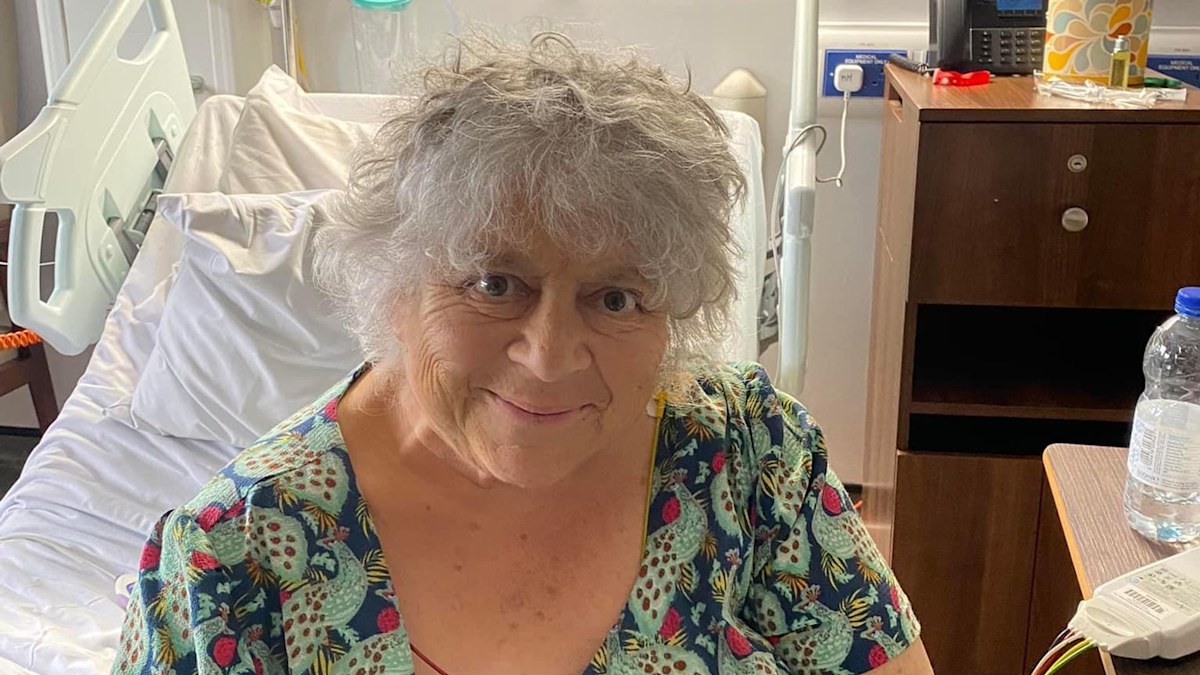Elective Surgery Shift Could Hamper Surgical Training in NZ - Concerns Raised

New Zealand's health sector is facing a potential snag as Health NZ's plan to shift thousands of elective surgeries to private hospitals raises concerns about the future of surgical training. Officials are warning that if a significant portion of routine operations are moved out of public hospitals, trainee surgeons could miss out on crucial learning experiences, potentially impacting the quality of future surgical expertise in the country.
The plan, designed to reduce waiting lists and ease pressure on the public system, involves utilising private hospital capacity to perform a range of elective procedures – surgeries deemed non-urgent and scheduled in advance. While the initiative is welcomed by many seeking quicker access to care, the Royal Australasian College of Surgeons (RACS) and other medical bodies have voiced concerns about the potential impact on training.
“The concern isn’t about private hospitals providing quality care,” explains Dr. Emily Carter, a senior surgeon and training advocate. “It's about the volume and complexity of cases. Trainee surgeons learn by observing and assisting in a wide range of procedures, including those with unexpected complications. If they’re primarily exposed to simpler, more predictable cases in private settings, their development will be significantly hindered.”
Currently, public hospitals serve as the primary training grounds for surgeons, providing a diverse caseload and access to experienced mentors. The shift to private hospitals, while offering immediate benefits in terms of reduced waiting times, could create a 'two-tiered' system where trainees in public hospitals gain more experience while those in private settings are limited.
Health NZ acknowledges the concerns and insists that measures are being taken to mitigate the impact on training. These include:
- Protected Training Time: Ensuring dedicated time for trainees to observe and participate in surgeries in public hospitals, even if they are primarily based in private facilities.
- Simulated Training: Increased use of simulation technology to provide trainees with experience in handling complex scenarios.
- Mentorship Programs: Strengthening mentorship programs to ensure trainees receive guidance and support from experienced surgeons.
- Case Mix Diversity: Working with private hospitals to ensure a broader range of cases are available for trainees to participate in.
However, critics argue that these measures may not be sufficient to fully compensate for the loss of exposure to the full spectrum of surgical cases. They stress the importance of ongoing monitoring and evaluation to ensure that the quality of surgical training is not compromised.
The debate highlights a complex challenge facing the New Zealand health system: balancing the need to improve access to care with the responsibility to maintain the highest standards of medical training. Finding a sustainable solution that addresses both priorities will be crucial for the future of healthcare in New Zealand. Further discussion and collaboration between Health NZ, RACS, and other stakeholders are needed to ensure the plan's success and safeguard the next generation of surgeons.
The government is expected to release a detailed implementation plan in the coming months, outlining specific measures to address the training concerns and ensure the long-term viability of the elective surgery program.






